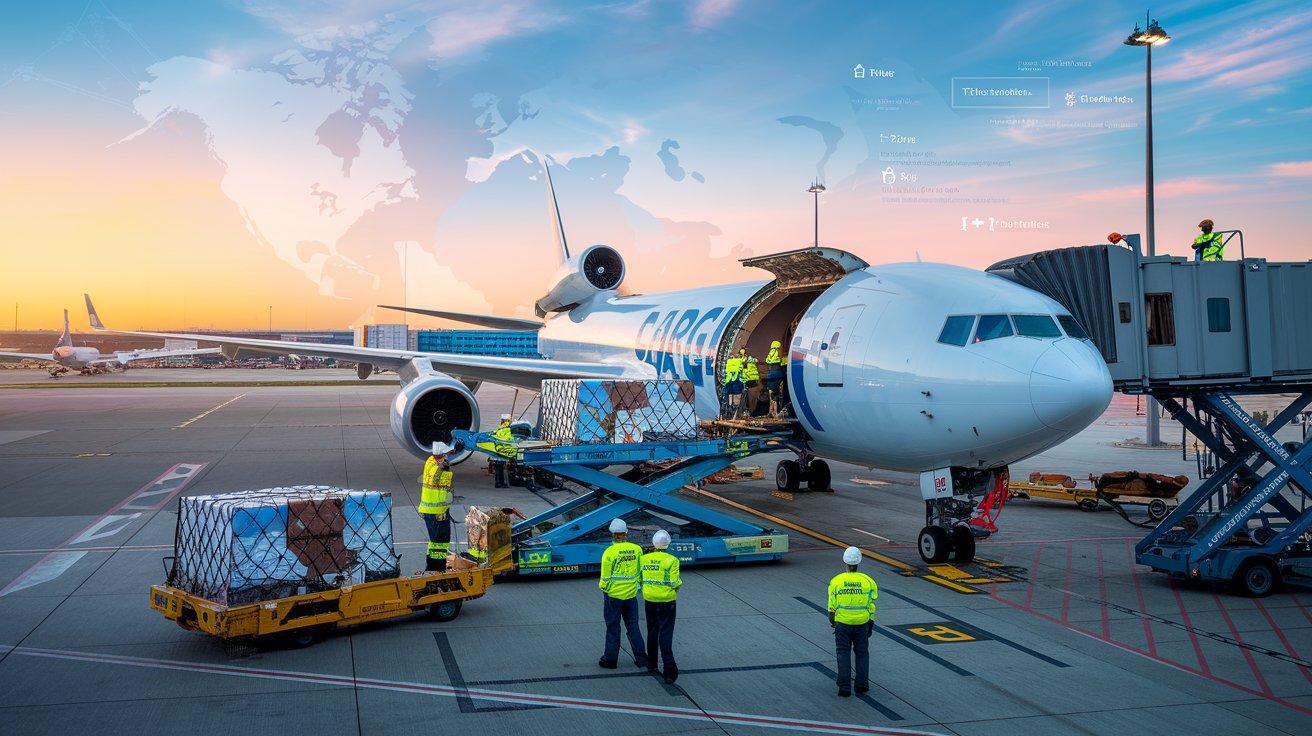Notifications

3 minutes, 29 seconds
-268 Views 0 Comments 0 Likes 0 Reviews

Air cargo services form the backbone of modern global trade, enabling swift and reliable transportation of goods across continents. From essential medical supplies to high-value electronics, air freight ensures that goods reach their destination in the shortest possible time. This article explores the intricacies of air cargo services, their benefits, the logistics involved, and their critical role in today’s economy.
Air cargo services involve the transportation of goods and merchandise via aircraft. This can be done using dedicated cargo planes or in the cargo hold of passenger planes. These services cater to a wide range of industries, including manufacturing, retail, pharmaceuticals, and e-commerce, facilitating both domestic and international trade.
Speed: Air freight is the fastest mode of transportation, making it ideal for time-sensitive shipments such as perishable goods, urgent documents, or emergency medical supplies.
Reliability: Airlines follow strict schedules, ensuring timely delivery. Advanced tracking systems also allow businesses to monitor their shipments in real-time.
Global Reach: Air cargo services connect even the most remote locations, enabling businesses to expand their reach to global markets.
Security: Airports and air freight companies maintain high security standards to protect shipments from theft or damage.
Reduced Inventory Costs: Faster delivery times enable businesses to operate with reduced inventory levels, lowering storage costs.
General Cargo: Includes goods that are not perishable or hazardous, such as electronics, clothing, and machinery.
Perishable Cargo: Includes items that require temperature-controlled environments, such as fresh produce, flowers, and pharmaceuticals.
Dangerous Goods: Includes items like chemicals, batteries, and flammable materials that require special handling and documentation.
Valuable Cargo: Includes high-value items like jewelry, artwork, and luxury goods, requiring enhanced security measures.
Live Animals: Transporting live animals, such as pets or livestock, demands special care and adherence to international regulations.
Booking and Documentation:
Businesses book space with an air cargo carrier and prepare necessary documents like the Air Waybill (AWB), invoices, and customs declarations.
Packaging and Labeling:
Goods are securely packed and labeled to comply with regulations and ensure safe transport.
Transportation to the Airport:
Freight forwarders or logistics companies transport the goods to the airport, ensuring timely delivery for loading.
Customs Clearance:
Shipments undergo customs checks at both the origin and destination to ensure compliance with regulations.
Loading and Air Transport:
Goods are loaded onto the aircraft and flown to their destination.
Unloading and Delivery:
Upon arrival, shipments are unloaded, cleared through customs, and delivered to the final recipient.
